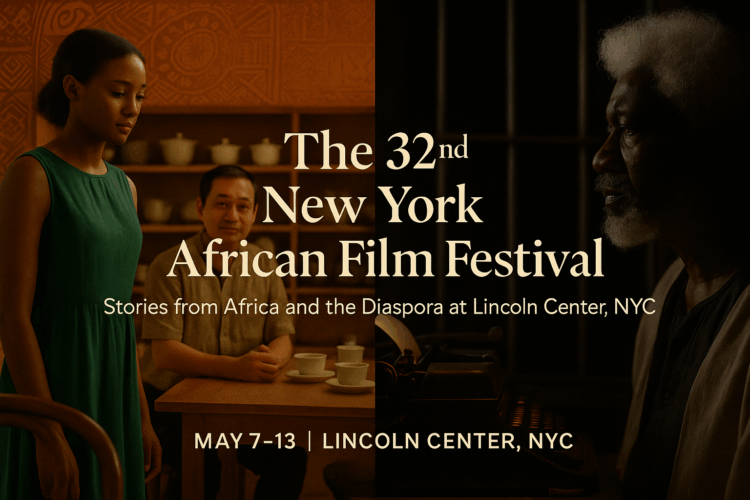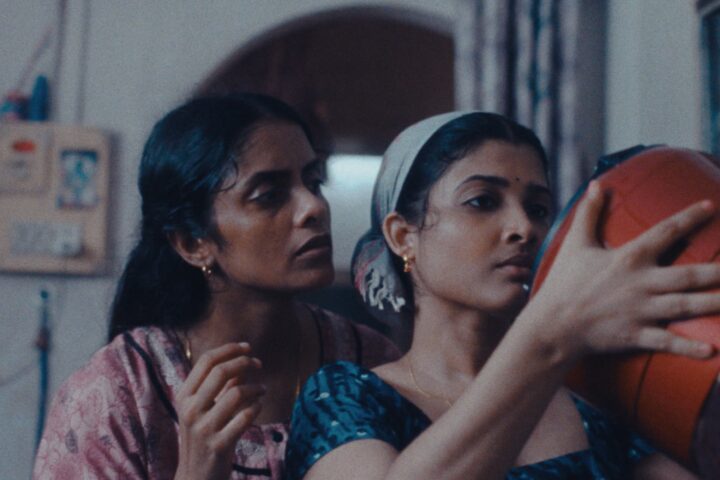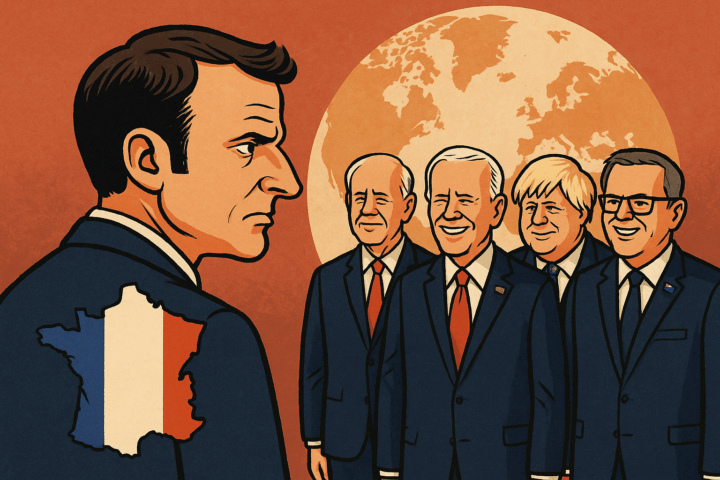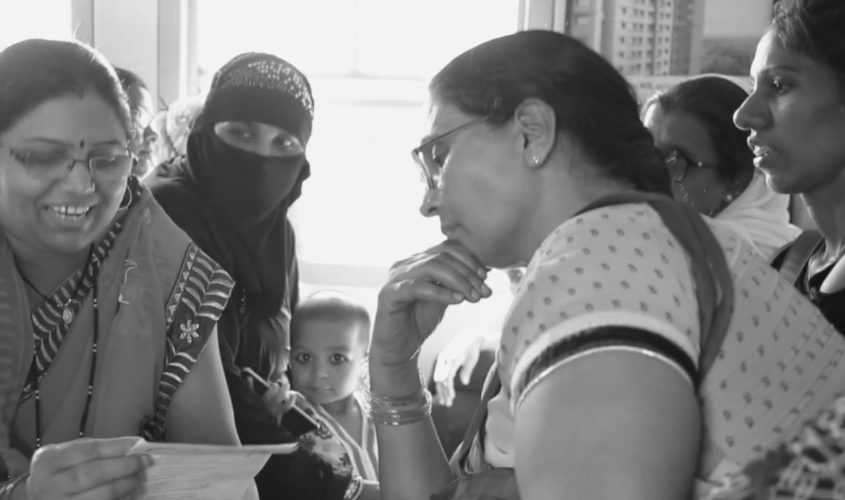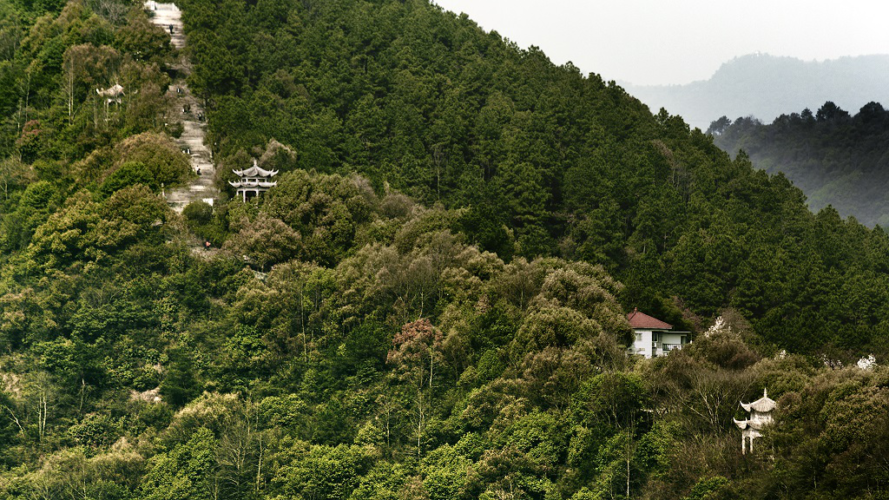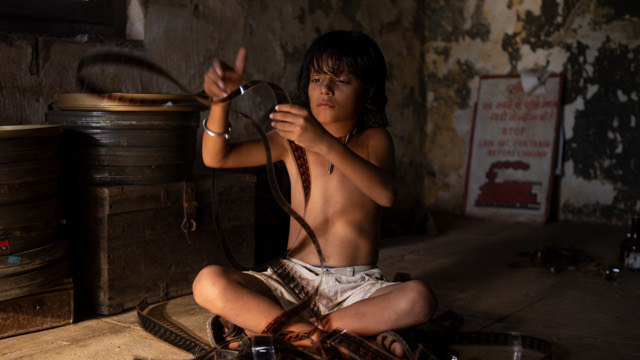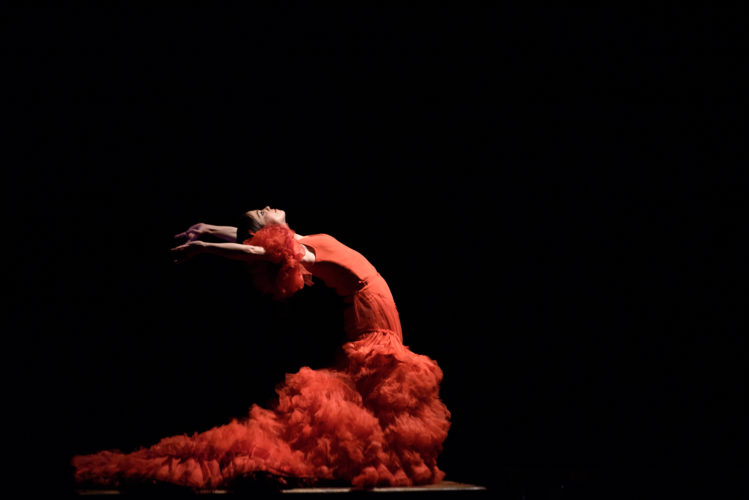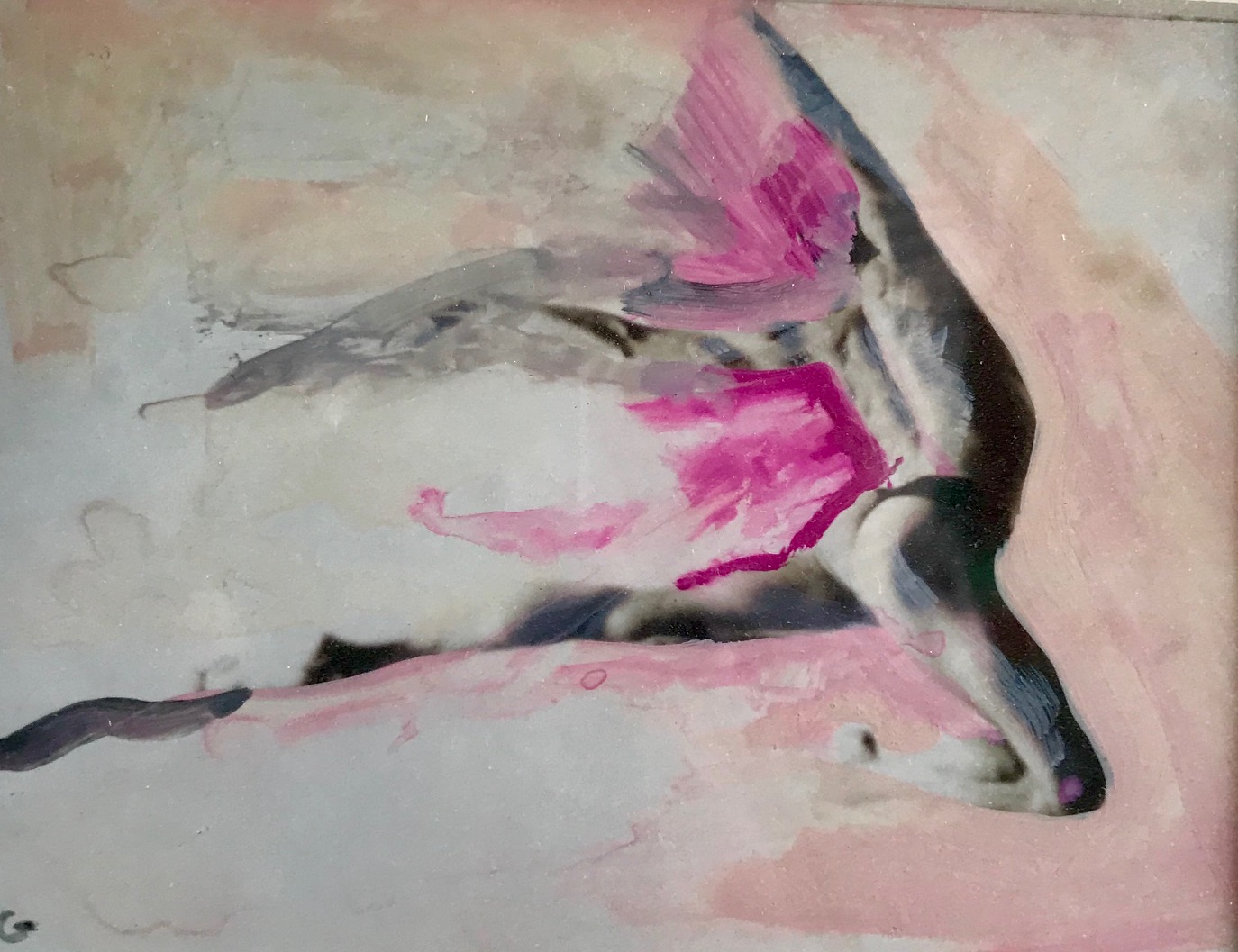Why is India still lagging behind China?
Zee JFL “annual” festival - London
By Beverly Andrews
The Asian literary festival, Zee JLF, returned to London for a sixth successive year. This wonderful festival offers British residents a welcome opportunity of sampling the work of celebrated Indian authors as well as a chance of sitting in on fascinating discussions on how these two countries perhaps still connect.
Zee JLF literary festival took place at the British Library and consisted of indoor and outdoor workshops and discussions. One of the most fascinating this year was a timely and insightful discussion entitled The Elephant and the Dragon, a look at the two super powers China and India; where they are economically and perhaps most importantly, what they can learn from each other. Author Salil Tripathi moderated this fascinating discussion, where author and public policy worker Vasuki Shastry, political scientist and historian Steve Ysang, factory worker turned author Lijia Zhang and Pulitzer prize winning journalist Ellen Barry discussed this complex and often misunderstood relationship. One of the points of discussion was why the economic development which has taken place over the last century in China, has not been replicated in India. China’s economic growth has been unprecedented in modern history and has allowed the country to take up to eighty million people out of poverty. India though still lags behind. One idea which was offered during the discussion was how the roles of women in both societies were so very different. Ellen Barry spoke of a government scheme in India where village girls were encouraged to work in a local factory at what was seen as an extremely good wage. The girls though invariably fell in love with the men working there and asked their HR manager to broker marriages between their respective families. Ultimately families became concerned that they were losing control over their daughters so demanded that they return home. She went on to say that this incident in many ways encapsulates the problems India faces in encouraging young women to enter the work force. The country currently is one of the few in the world where the number of women working is shrinking and not increasing. China on the other hand has been extremely successful in creating a gender balanced work force and many even elderly Chinese women credit the communist system for this happening.
Lijia Zhang told a fascinating story about her grandmother who had been a concubine in pre-revolution China. Once the revolution took place men were told they could no longer have more than one wife. This was the impetus, Zhang said, for her grandfather to propose to her grandmother. She said her grandmother’s loyalty to Mao from that point on never wavered since she saw him as having given her legitimacy in mainstream society.
Steve Ysang, a critic of the repressive regime, does though point out that this trend is one which has taken place throughout much of Asia in countries which are completely democratic so it was not necessarily an exclusive trend unique to China.
Salil Tripathi reiterated the point that India still lags behind China in terms of economic growth with millions still living below the poverty line and given the fact that both countries were in the same position at the beginning of the last century it’s crucial that India learns lessons from China’s economic growth. He went on to point out that India has been far more successful at the use of what in diplomatic circles is called “soft power”, a term used to highlight the way culture can be used to attract rather than coerce other nations. He points to the effect of India cinema which is renowned throughout the world, alongside the success of many Indian authors, a feat perhaps made easier by the fact that many of them write in English. Ultimately the panel agreed that in the years to come the relationship between India and China may prove crucial for stability in the region and with an increasingly erratic USA retreating from the world stage, their understanding of each other and a willingness to work together may ultimately ensure both countries’ economic futures.
Elsewhere at the festival was a fascinating talk given by Anita Anand in conversation with Navtej Sarma about her new book entitled Amritsar and the Patient Assassin. The book looks at the complex aftermath of the Jallianwala Bagh massacre in Amritsar (also known as the Amritsar massacre) where the British Indian army opened fire on a crowd of peaceful protesters. The army fired for ten minutes and killed between 379 (the official British count) and 1,000 (the casualty estimate by the Indian National Congress) people. Udham Singh, a young man reportedly injured as a child that day, was set on a course which he would take twenty years to fulfil, ultimately assassinating the British Lieutenant Governor he held responsible for that massacre, Sir Michael O'Dwyer. Britain’s prospective incoming prime minister is said to romanticize the British Raj and its impact on India. If that is true then The Patient Assassin acts as a much-needed antidote to this, highlighting the fact that the reality of colonization was ultimately blood stained and brutal.
Gene Machine offered a talk with Nobel Prize winner Venki Ramakrishnan, a British American structural biologist whose new book Gene Machine: The Race to Decipher the Secrets of Ribosome is a quest to understand the ribosome, an enormous ancient molecular machine that decodes genetic information to build all life forms. The book looks at what it was like to be an outsider in this global race to make this discovery and also highlights the fact that no scientific discovery is ever achieved without a team of people seeking to find a way to cooperate.
All in all the Zee festival offered a glimpse of a fascinating country which despite at one time having been one of Britain’s colonial outposts is now misunderstood by Britain, though with the Brexit time clock now ticking, the UK is in desperate need of friends. This wonderful festival offers Britain an important chance to clearly see a contemporary India and not one shrouded in a nostalgic mist.
form-idea.com London, 5th August 2019. @BeverlyAAndrews
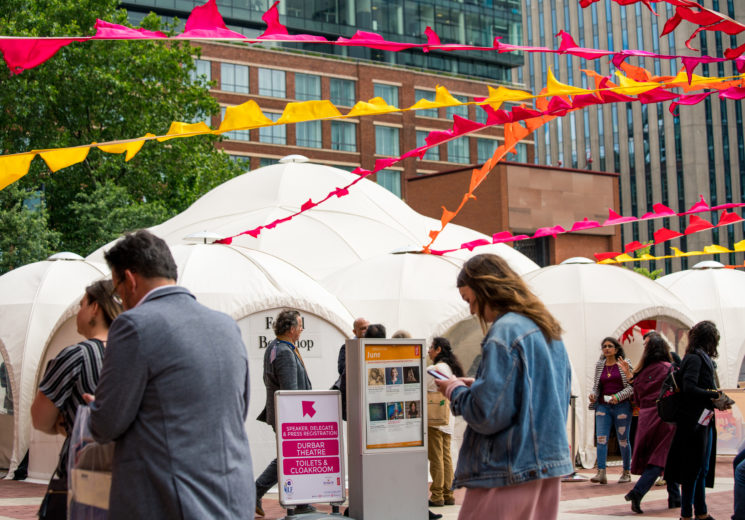
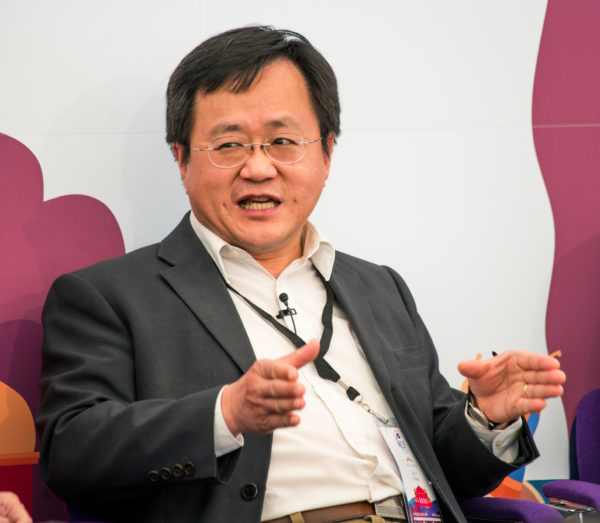 Steve Tsang
Steve Tsang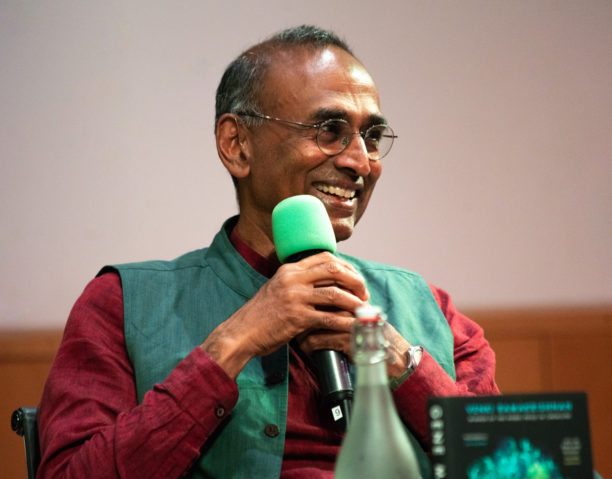 Venki Ramakrishnan
Venki Ramakrishnan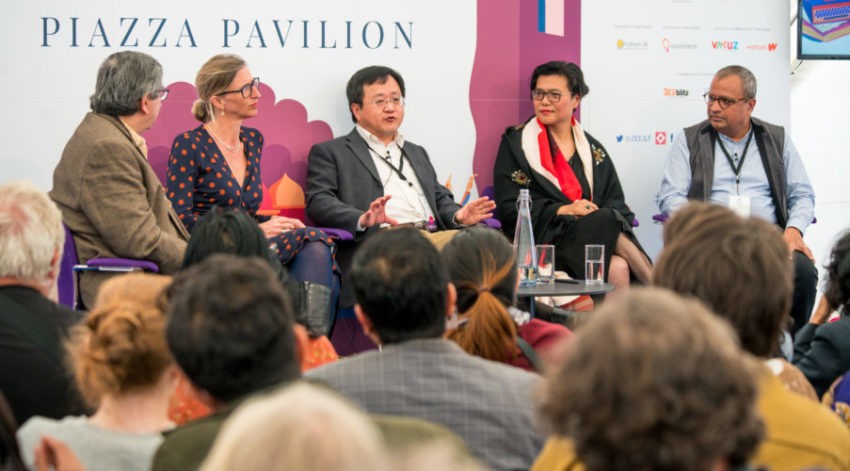 The Zee JLF literary Festival - London
The Zee JLF literary Festival - London
